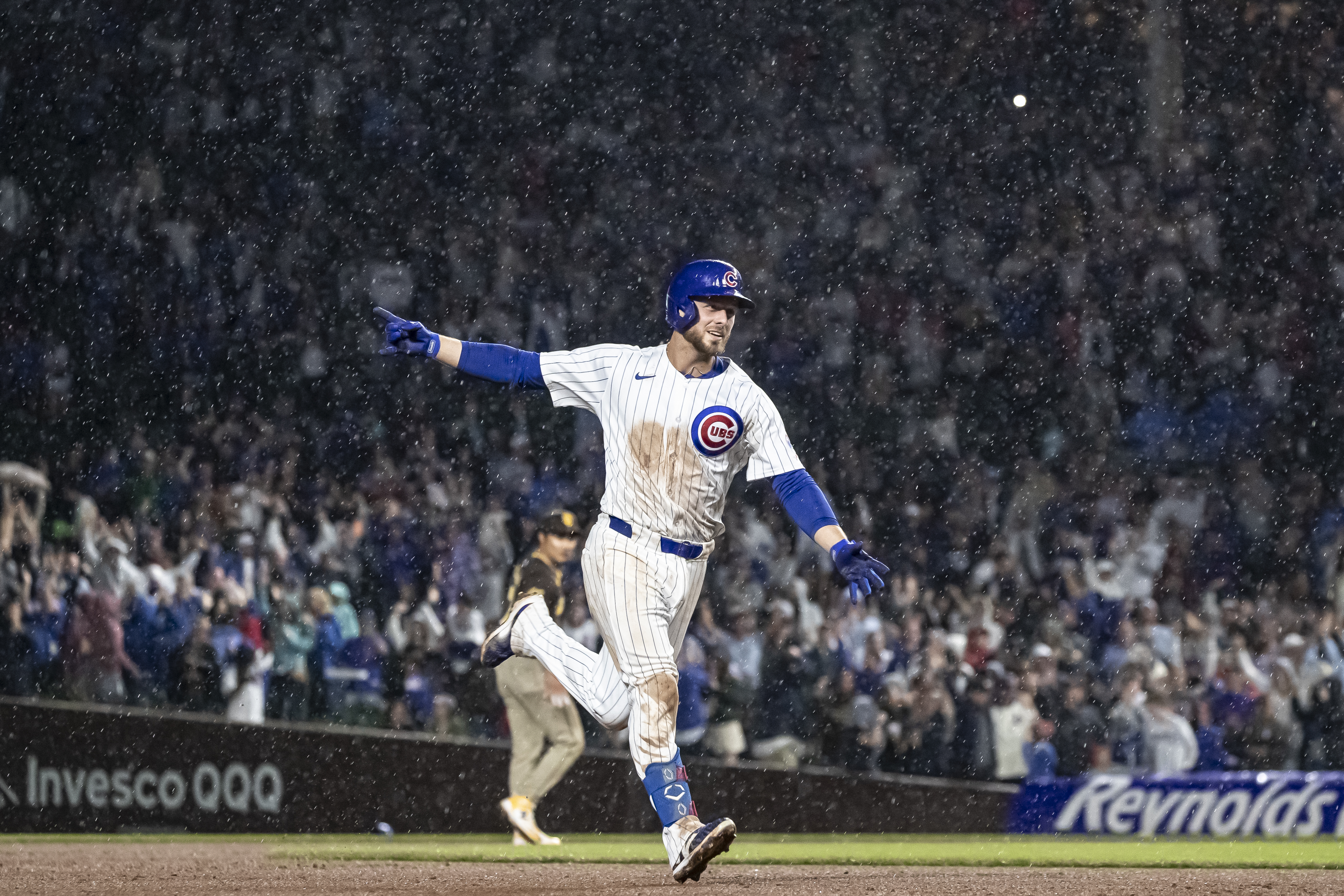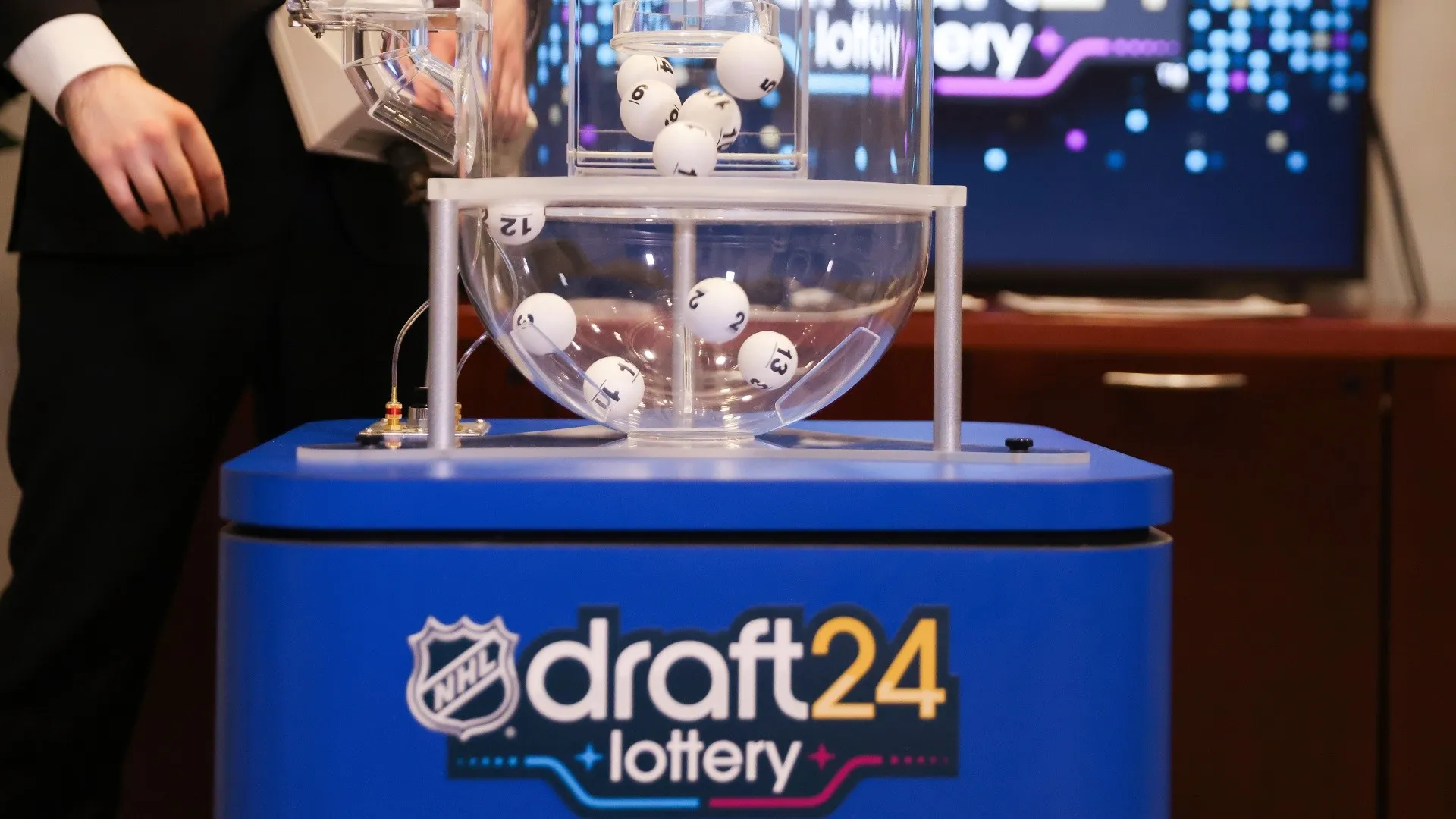
After coaching high school, college and professional football for 37 years, Mike Barry has discovered an even more rewarding occupation -- working with hundreds of high poverty, low achievement kids in the inner city of Chicago to provide positive direction in their lives.
Barry, 65, works for the Academy for Urban School Leadership (AUSL), a Chicago-based non-profit organization that partners with the Chicago Public Schools to manage several chronically underperforming elementary and high schools.
Founded in 2001 by Martin Koldyke, a venture capitalist and founder of the Golden Apple Foundation, AUSL's mission is to turn around Chicago's most underperforming schools by improving student performance and achievement through a disciplined transformation process that is built on a foundation of specially trained teachers.
Stay in the game with the latest updates on your beloved Chicago sports teams! Sign up here for our All Access Daily newsletter.
Teachers like Mike Barry. A 1964 graduate of Fenwick, he played center for John Jardine's 1962 Prep Bowl championship team. He attended Nebraska for two years, then transferred to Southern Illinois, earned a Masters degree and started coaching.
He met then SIU athletic director Gale Sayers at a golf outing in Urbana and began a coaching career that took him to SIU, Arizona, the USFL, Iowa State, Colorado, USC, Tennessee, North Carolina State and the Detroit Lions with current Chicago Bears defensive coordinator Rod Marinelli. He coached at national championship teams at Colorado and Tennessee and a Rose Bowl winner at USC.
After Marinelli was fired in 2009, Barry returned to Chicago. He planned to retire. But fate intervened. Barry was speaking at a clinic on the South Side and Phillips athletic director John Byrne asked him to speak to some elementary school youngsters in his neighborhood.
"Would you come to camp for one day and work with our offensive linemen? Would you consider working with high schools?" Byrne asked. "Orr High School on the West Side has a chance to get in the state playoff. They really liked you. You connected with their kids. Would you help them?"
News
Barry met the Orr coach, who asked him to take a tape home and critique it so his team could prepare for its game with Whitney Young. Barry went over the film with the Orr players, telling them what they had to do.
"The coach gave me a hat and jacket after the practice and asked me to coach the kids during their game on Friday," Barry said. "I thought I was coaching in the Rose Bowl. I was coaching the kids like it was a college game."
As it turned out, Koldyke and Bryne were in the bleachers. "Who is that white guy on the sideline?" Koldyke asked. "I want to hire him to run our athletic program." He hired Barry in February, 2011, to be the AUSL's athletic coordinator for extra-curricular sports. So much for retirement.
"I love what I'm doing, working with kids," Barry said. "We have 20 teams that play every Saturday morning in Chicago. We have football and girls volleyball in the fall, boys and girls basketball in the winter and baseball and boys and girls track and field in the spring. The difference between us and CPS is we have tackle football and hard ball in the elementary leagues."
He started with Wright Junior College, now Chicago Academy, and soon added four other high schools -- Orr, Phillips, Collins and Solario -- and 20 elementary schools.
"They are high poverty and low achievement areas. We keep gangs out of the schools. Thirteen percent of the kids are homeless. They have no address when they fill out an eligibility form. The stories remind you of Michael Oher," Barry said, referring to the Baltimore Ravens' offensive tackle who was the subject of Michael Lewis' best-selling book.
Why did Barry choose to get involved?
"I was sitting in Chicago and had had a great career, all a man could want...bowl games, national titles," he said. "But I wanted to give back to the sport that was so good to me. To see the look on these kids' faces when you give them their first set of pads and helmets or their first baseball glove, things they had never been given before, is so rewarding."
Barry points out that until AUSL came along, these kids didn't know how to play football or baseball and couldn't go to parks to participate in sports. Now, on Saturday afternoons, AUSL sponsors three football games at Douglas Park and four at Solario High School at 55th and St. Louis.
"There are little problems that these kids face on a daily basis...drugs, gangs, guns. I had to buy underwear for one kid. We feed them in the summer for lunch," Barry said. "They live it every day of their lives and we try to get them to play sports, study and eat right.
"We make them believe that they can make a difference, that they can climb out of the hole they are in, that they don't have to wait for someone else to do it. The most important thing is to persuade them to get out of bed in the morning and go to school and get an education, then play football.
"It's a constant battle with the kids. It isn't a right, it's a privilege they earn every day by going to school. Sports is a carrot for the kids, a reward at the end of the day for going to class. It keeps them out of trouble, something to do after school. It gives them a team to be a part of rather than a gang."
Barry is as motivated as he was when he played for Fenwick's championship team 50 years ago. "I get up every morning at 5 and go to exercise class so I can maintain my energy level. My goal this Saturday is for all 25 schools to show up and the buses and officials and no one to do anything goofy in the stands. I don't care who wins or loses. I want them to show up on Saturday and have fun," he said.


